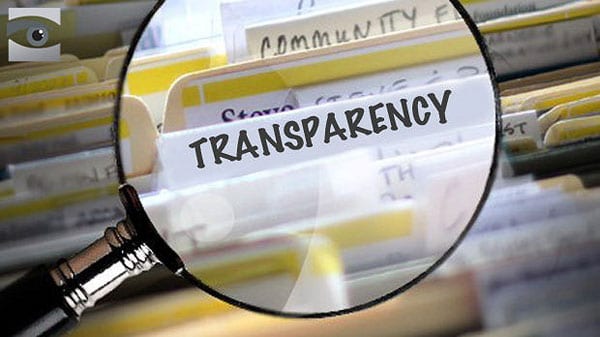
March 5, 2019; EdSource
In the wake of successful teacher strikes in Los Angeles and Oakland, on Tuesday, March 5, 2019, California Governor Gavin Newsom signed into law a bill to require more transparency from charter schools. His predecessor, Jerry Brown had vetoed similar measures several times while in office.
Newsom had promised during his campaign that he would sign such legislation and had repeated that pledge several times since then, especially as charter schools emerged as a major issue in the teacher strikes over the last two months.
Senate Bill 126 requires the state’s charter schools to follow the same transparency rules that apply to public schools, including holding open meetings and adherence to the California Public Records Act.
Sign up for our free newsletters
Subscribe to NPQ's newsletters to have our top stories delivered directly to your inbox.
By signing up, you agree to our privacy policy and terms of use, and to receive messages from NPQ and our partners.
“In essence, to me, this made common sense,” said Newsom, who was joined by two organizations often at odds with one another—the California Teachers Association (CTA) and the California Charter Schools Association (CCSA). “It’s a transparency bill, and we are for transparency. And sometimes people claim they are for transparency for everybody else, but not for themselves. In this case it’s transparency for all of us. And I thought it was a very healthy thing as well.”
The CTA and the CCSA have been waging a high-profile battle over these and other issues, so the fact that they were both at the table endorsing the same legislation sends a message that the issue’s two opposing sides may have reached a new, arguably more constructive, level of dialogue on the issue.
The legislation makes no mention of a proposed moratorium on charter school expansion. The law takes effect in January 2020.—Ruth McCambridge












